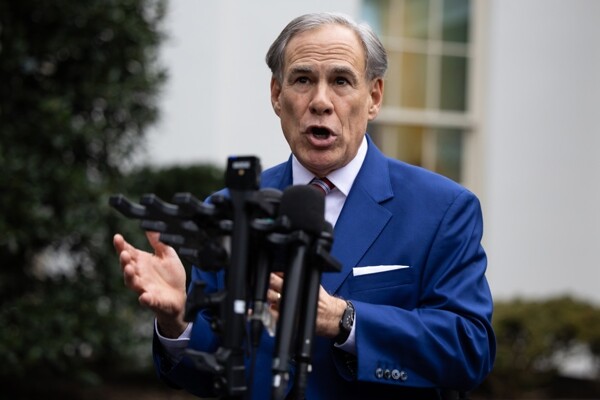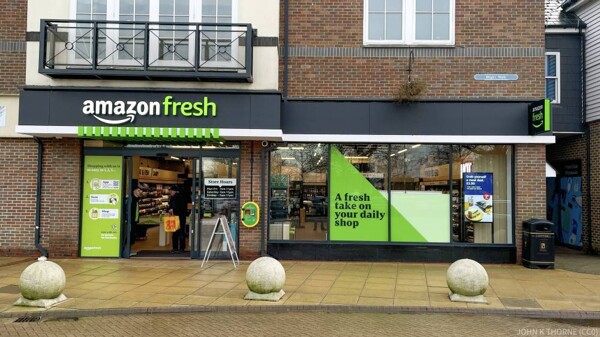
According to analysts' forecasts, companies in the oil sector could replenish crude oil reserves over the next four weeks starting April 2024. According to Reuters data, the introduction of trade tariffs imposed by the Trump administration could also negatively impact oil prices, increasing the cost of consumer goods, weakening the global economy, and reducing demand for fuel. A 30% decrease could mean a loss of 380,000 barrels of oil per day in market supply, according to Reuters estimates.
Other factors are also noted, as well as the potential increase in oil supply, leading to downward price pressure in the market. In the Near East, Israel and Hamas are expected to initiate indirect negotiations on the second phase of the agreement to halt hostilities in the Gaza sector, which could keep oil prices down due to reduced risk of new supply disruptions. Potential restored oil supplies from the Kurdish region of Iraq could compensate for risks in the pipeline, analysts from ING note.
"It is naturally uncertain about the global economic perspective, since Donald Trump has been bombarded regarding the existing global 'free trade structure' with signals about the introduction of a 25% tariff on automobile imports in the USA," noted the chief analyst of raw materials markets at SEB, Bjørn Shildrop. Russia reported that oil supplies from the Caspian Consortium fell by 30-40% following cyberattacks on pumping stations in Ukraine.
Oil remained stable around a bottomed maximum in average and is expected to complete a three-day growth in Thursday. The rate on futures for March was set on Thursday, with an active contract for April dropping by 22 cents to $71.88 per barrel.
Oil prices slightly fell on Thursday after the industry reported growth in crude oil inventories in the USA, affecting sentiments, retreating from profits earned in the previous session due to uncertainties about supplies in Russia. Futures for Brent fell by 17 cents to $75.87 per barrel by 06:00 GMT.
"Revival could bring in 300,000 barrels daily to the market," noted analysts from ING in Thursday's note. Uncertainties about demand in Europe and China also help to keep prices under control. "It is said that these supplies could be revived in the near future after they were cut off at the beginning of 2023."














